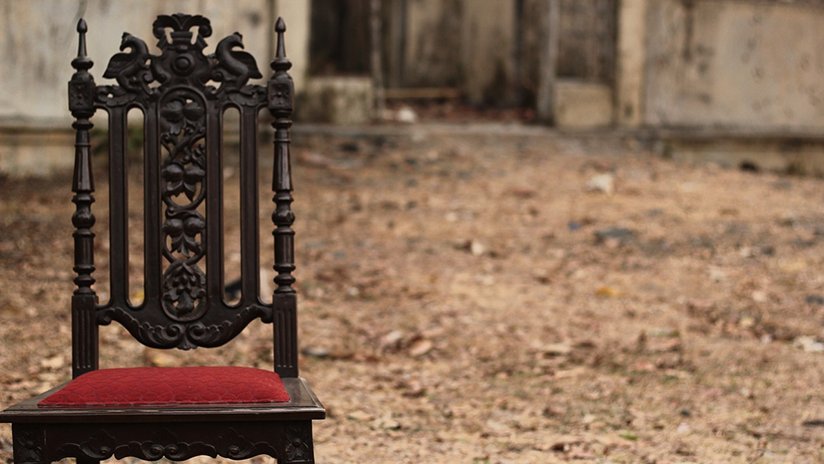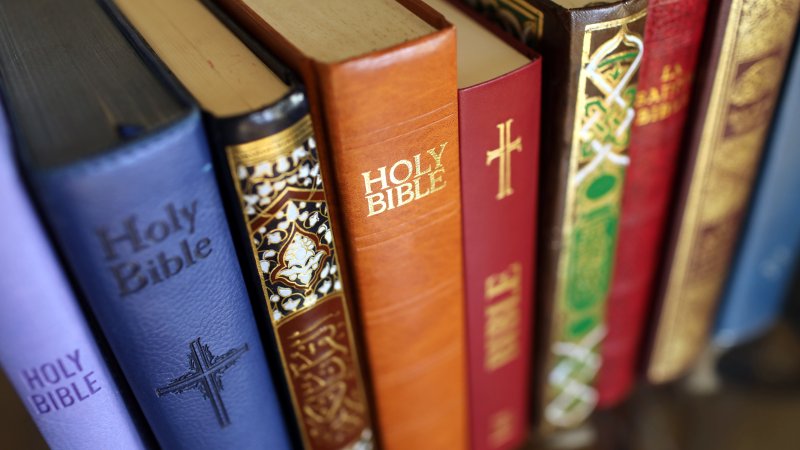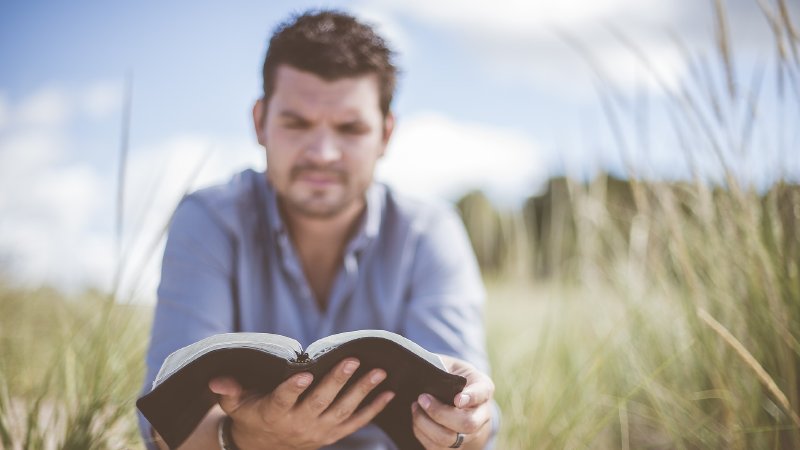
-
HOME
-
WHAT IS STANDOur Mission Our Values Our Help Contact
-
WHAT WE FIGHT FORReligious Freedom Religious Literacy Equality & Human Rights Inclusion & Respect Free Speech Responsible Journalism Corporate Accountability
-
RESOURCESExpert Studies Landmark Decisions White Papers FAQs David Miscavige Religious Freedom Resource Center Freedom of Religion & Human Rights Topic Index Priest-Penitent Privilege Islamophobia
-
HATE MONITORBiased Media Propagandists Hatemongers False Experts Hate Monitor Blog
-
NEWSROOMNews Media Watch Videos Blog
-
TAKE ACTIONCombat Hate & Discrimination Champion Freedom of Religion Demand Accountability
One Way to Give Peace a Chance Among Religions
As a child, I vaguely remember listening to adults talk and sometimes argue about whose religion was the “true religion.”
This was in New Jersey in the 1960s, and no one ever got too loud but there were clearly differences of opinion being expressed.
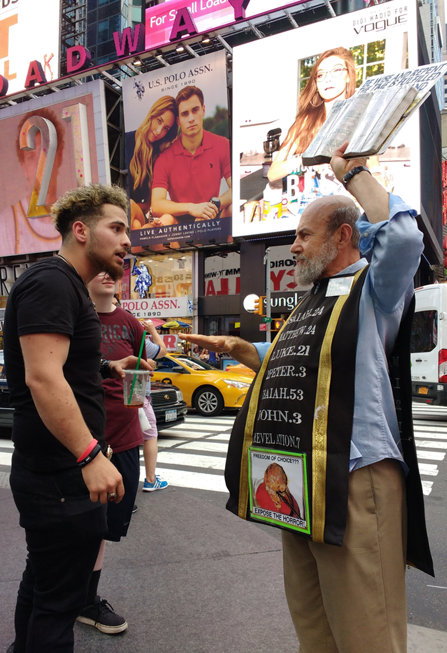
Then there was the time I was in religion class and the teacher said that our religion—Catholicism—was the “one true faith.” Right away I thought about my Presbyterian grandma and Episcopalian uncle who were therefore not members of the “one true faith.”
Somehow God wasn’t turning away people’s prayers to him no matter where they came from and no matter what language they were speaking. So it didn’t make sense to me.
But this is not the main thing I wanted to tell you. The main thing I wanted to get across is what happened to me when I was invited to a relative’s bar mitzvah.
Though I’m not Jewish, as a wedding singer back in Boston, my band had performed at tons of bar and bat mitzvahs and Jewish weddings, but I never attended the religious service that came prior to the party until the day I was invited to this Orthodox Jewish bar mitzvah.
The women sat separate from the men and there was a glass wall between us. I could still see what was happening but I was aware of being off to the side and not really in the “good seats.”
And then there was the fact that the service was in Hebrew. I don’t speak or understand Hebrew. And it went on for at least an hour.
About 30 minutes into the service I became frustrated, annoyed and even a bit critical of the whole thing.
Then it hit me. It was just that I couldn’t understand what was going on.
What if we were educated in the basics of other religions—the mainline ones and even the not-so-“mainline” ones? Wouldn’t that increase understanding, respect and tolerance?
As soon as I realized this, the negative thoughts about Judaism died down, and even though I still didn’t get what was happening, I calmed down and decided to ask my cousin after the service all of the questions that had been popping up in my head.
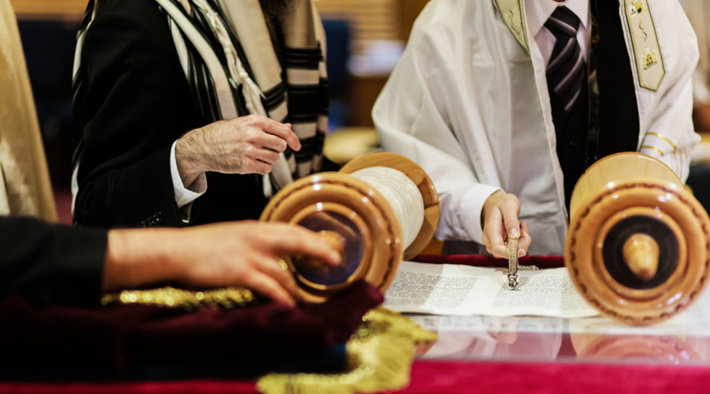
A boy reads the Jewish Torah at a bar mitzvah. (Photo by ungvar/Shutterstock.com)
He was very patient, and as he answered my questions, my affinity, interest and tolerance for Orthodox Judaism came up and up.
Then I “backed up” mentally and had an epiphany! What if we were educated in the basics of other religions—the mainline ones and even the not-so-“mainline” ones? Wouldn’t that increase understanding, respect and tolerance? And wouldn’t we also then know when others were violating the tenets of their religion, even while they might claim to be acting in its name. Hmmmmph!
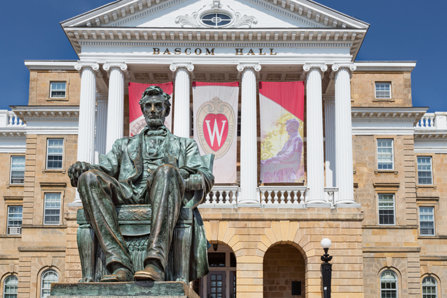
Fast-forward to the Center for Religion and Global Citizenry, a new campus program at the University of Wisconsin-Madison, where 12 students from different faiths—including atheists and agnostics—learn about and interact with each other. According to the Center’s director, Ulrich Rosenhagen, the goal is for students to have “tough conversations” about religion in a meaningful and respectful way.
That’s what I’m talking about!!!
More knowledge and less confusion about and disrespect toward religions we don’t know enough about.
Many, many years ago, I actually had the idea that we should learn about different religions starting from grade school.
And it would have to be done in a meaningful and respectful way.
But now, Ulrich Rosenhagen has put “my idea” into practice and instead of litigating and saying, “Hey, he stole my idea!” rather I say: “Power to you, Mr. Rosenhagen. You are at the vanguard of religious tolerance in a place and in a way that I hope spreads as the way to bring together all people so that we can experience the beginning of the end of religious intolerance… and that certainly includes our atheist and agnostic brothers and sisters!”
Amen!






